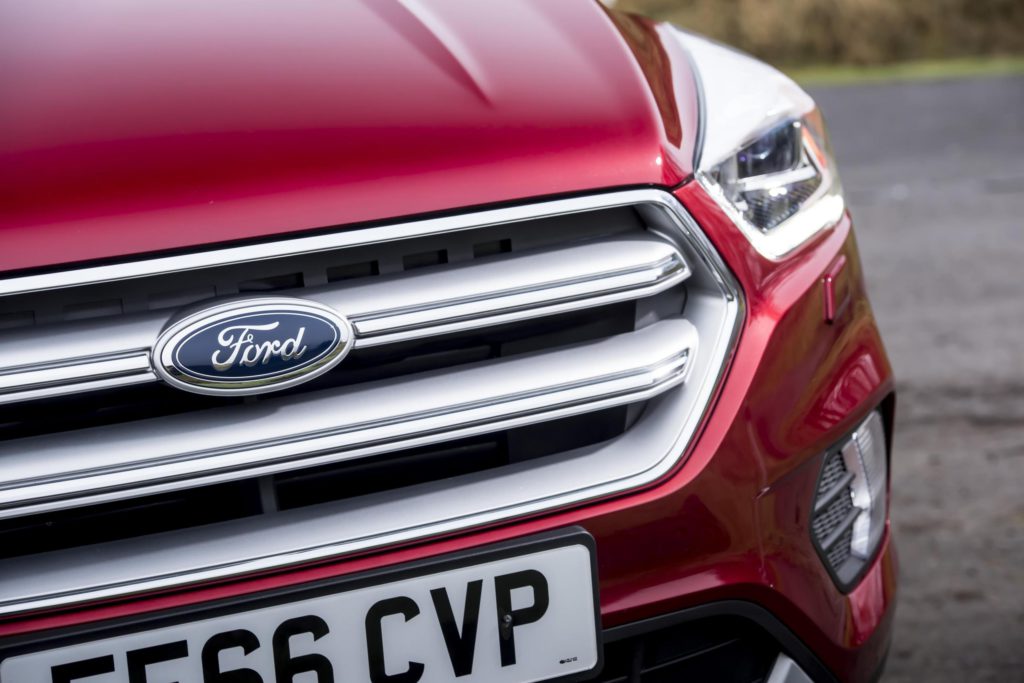Ford pulls out of the passenger vehicle market in Russia
28 March 2019

28 March 2019
Ford has announced it is pulling out of the Russian passenger car market completely and will instead concentrate on commercial vehicles in the country.
The carmaker has signed a memorandum of understanding (MOU) on a significant restructuring of its Ford Sollers joint venture in Russia, focusing exclusively on growing its commercial vehicle business moving forward. The MOU follows a strategic review by Ford and its partner, Sollers PJSC, to improve the joint venture’s near-term profitability and investment efficiency in a challenging business environment.
′This represents an important step towards Ford’s target to deliver improved profitability and a more competitive business for our stakeholders,’ said Steven Armstrong, president, Ford of Europe. ′The new Ford Sollers structure supports Ford’s global redesign strategy to expand our leadership in commercial vehicles and to grow the business in Europe in those market segments that offer better returns on invested capital.’
In the agreed new structure for Ford Sollers, Ford and Sollers PJSC continue in partnership, with the latter taking a 51% controlling interest in the restructured joint venture.
Country slowdown
The Russian passenger vehicle market has been under significant pressure in recent years, with recovery slower than expected and a shift to lower-priced passenger vehicle segments. In a statement, the company says this has resulted in the underutilisation of the Ford Sollers manufacturing plants and inadequate returns on invested capital.
As part of this restructuring plan, passenger vehicle production in Russia will cease by the end of June this year, with the closure of vehicle assembly plants in Naberezhnye Chelny and St. Petersburg, and an engine plant in Elabuga.
Sales of the Ford Transit 2-tonne commercial vehicle in Russia have continued to grow, pushing the company into this new strategy to focus on more profitable vehicles and markets. The Transit is acclaimed as Russia’s top-selling, non-domestic commercial vehicle nameplate with a segment market share of 15%.
Bigger picture
Ford is taking this action as part of a wider European plan to return to profit, following a difficult few years. This includes a more targeted vehicle line-up, with a reduction in models to focus mainly on the SUV market. The company is also leveraging relationships, forming a new commercial vehicle partnership with Volkswagen and exploring the use of the German firm’s electric MEB platform.
There will also be job losses, with 5,000 positions in Germany and over 1,000 UK employees at threat.
However, Ford is committed to electrification of all models and will unveil mild-hybrid versions of its popular Fiesta and Focus ranges at an online event in April. It is also expected to show a new small SUV, possibly called Puma, and the next-generation Kuga, which will include a plug-in hybrid option.
The carmaker is also continuing to develop autonomous technology and could bring Volkswagen in as a partner to share the cost burden of this technology.